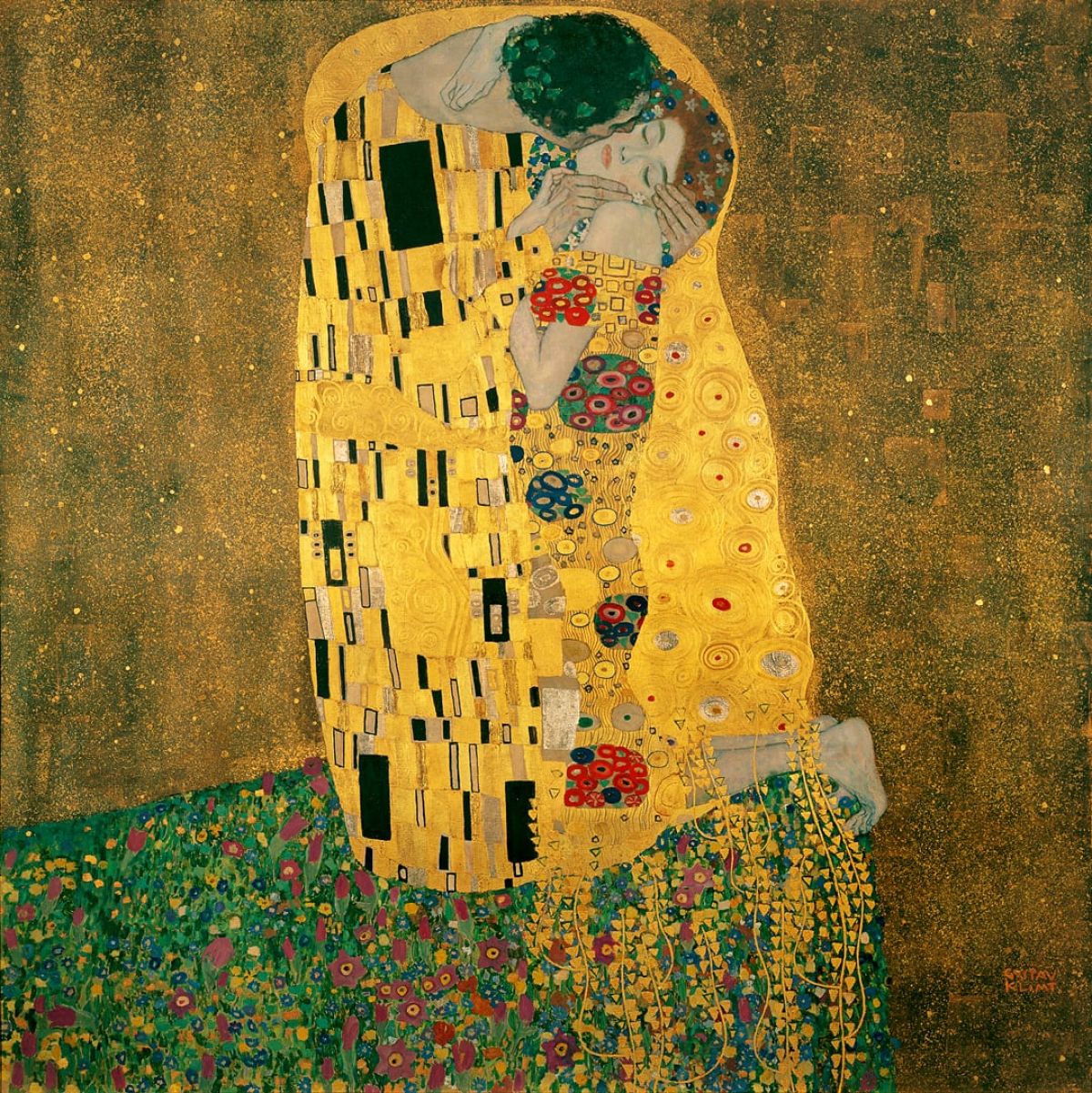Modern romance is broken
By Jacklin Kwan

It is probably safe to say that we currently live in an era where the definition of romantic love is wider than ever before. In many parts of the world, there is a positive trend towards reforming both an individual’s legal and social rights to love freely. And yet, increasingly, the pursuit of an idealised and often distorted form of romantic love has become the centrepiece of ‘the good life’.
As a truly modern malaise, romanticism’s influence in how we conceive of our own happiness and how we form the other equally meaningful relationships is deeply damaging.
The modern conception of romantic love is incredibly defined: a life-long monogamous partner who serves as a nucleus of emotional support, spiritual fulfilment, and often sexualised passion. They are meant to understand and accept us in profound ways that no other person can, and the epitome of our romantic expression should always be — or eventually be — marriage.
Even when optimistic, it shouldn’t take much convincing for many people to accept that this understanding of love is unrealistic — life-long partners struggle to be their spouses’ single source of abstract happiness, and even after decades of being together, fail to know or love each other in the specific way their partner needs.
The temptation to believe in this myth of a romantic soulmate comes from our propensity to believe that, by ourselves, we are inherently incomplete. There is just a rather depressing truth that many of us grapple with in our everyday lives where we feel lonely, flawed, and desperately insecure. Therefore, we idealise a partner who will unconditionally accept us no matter what.
This is exacerbated by how difficult people find it to connect with others in an intimate way — due to fear or an inability to articulate ourselves to another person. We therefore often rely on the hope of a soulmate as a crutch.
This glorified illusion on which we become dependent damages our relationships with our significant others, our friends, family, and most importantly, ourselves. We hold our romantic partners to unrealistic — almost delusional — standards of perfection when catering to our needs.
We expect them to be able to know how we feel and our relationships to be able to sustain long-term passion without any concerted effort. Obviously, this leads to people undervaluing the time and commitment needed to make a relationship work, and often being insecure in the authenticity of their love.
In reality, often people find that the best relationships are dynamic — where there isn’t an expectation that we should be loved as we are but that love is a process of self-development and exploration with others. In this way, it is possible to define one’s life outside the confines of the pursuit of love.
Love acts as an amplifier or an enabler to more self-directed forms of fulfilment — like a career, or a passion. The value we find in our own lives isn’t just concentrated on the validation or performance of an idealised Other. It is possible to create our own happiness.
The conception of romance also detriments other relationships that we form. Its appeal works by artificially limiting the emotional intimacies we are allowed to explore with others. Our romantic partners should be the ones whom we reserve our deepest secrets for, our most vulnerable moments, as well as most expressions of physical affection.
If we were to expend these on our friends or family, our love for our partner would be less meaningful as they wouldn’t be the only cradle of comfort from the harsh outside world that we have. In this way, modern romance actively makes all other relationships less rewarding by making false promises of a future soulmate.
The artificial scarcity created is a toxic way for us to relate to the vast majority of people in our lives — it promotes unhealthy possessiveness over our romantic partners if they have other close bonds, and it arbitrarily sets limits on what could otherwise be intensely beneficial interactions we could have with others.
Most importantly, this illusion presumes that we should be frantically unhappy with ourselves. Our need for an easy and singular solution for the loneliness that comes with the human condition is often exploited by romantic narratives sold in the forms of Hollywood films and literature.
The illusion is not insulated from other oppressive structures of power either. Often, representations of idealised romance are hetero-normative and monogamous and put a premium on female ‘purity’ — both emotional and physical. Modern romantic love is a construct so deeply entrenched and powerful because it is rooted in personal insecurity, and we should rid ourselves of its shackles.







